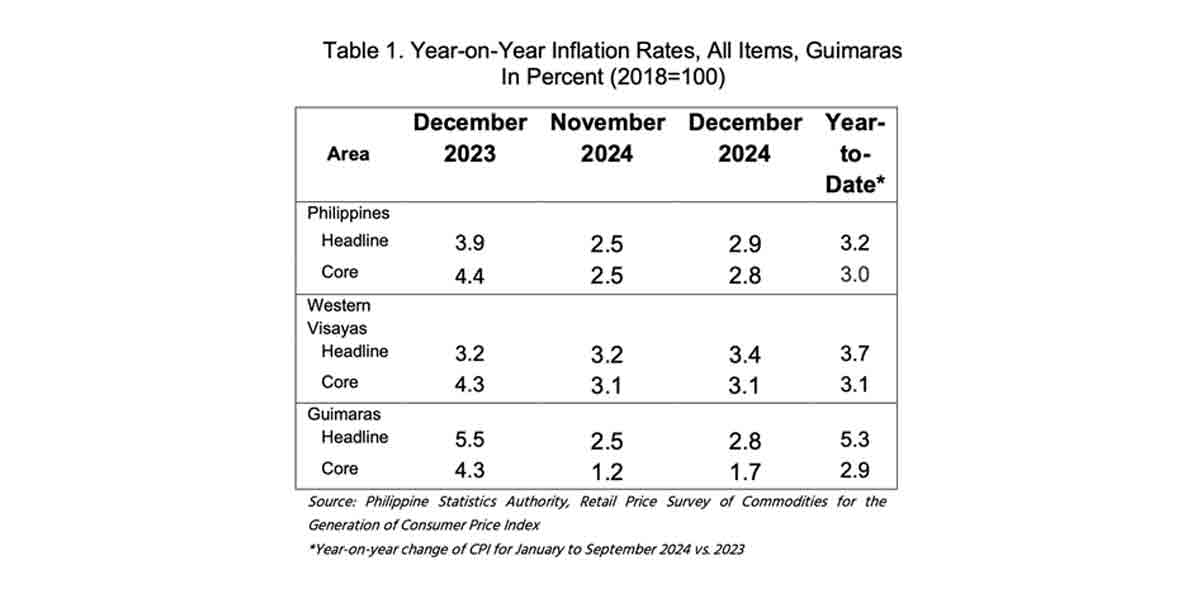By Alex P. Vidal
“There is no dignity in wickedness, whether in purple or rags; and hell is a democracy of devils, where all are equals.”—Herman Melville
SOME Filipino politicians will prevail in the May 9 Philippine election not because of their competence and excellent track records.
It’s because of their popularity and notoriety; they will be elected by the benighted voters even if most of them aren’t prepared for a job in public office.
Since our electoral system is not something we can be proud of in as far as qualifications of those seeking for the higher offices is concerned, many of those will be elected are characters from the social media, showbiz misfits, long-established political dynasty, returning traditional politicians, retired military or police officials who made a name for being tough, media scalawags packaged as “defenders of the poor and victims of injustice”, etcetera.
We’re not impressed and will never be impressed.
Once elected, many of them will again only enrich themselves, abuse their power, acquire mistresses left and right, go on unlimited junket, appoint their relatives and cronies in key government offices that don’t require civil service qualifications.
Because we don’t have a hell literally on earth, their destinations of these would-be thieves and rascals should be in Dante’s Inferno.
-o0o-
Hell is the state of the soul after death, but it is also the state of the world as seen by an exile whose experience has taught him no longer to trust the world’s values.
Dante’s Inferno is a vision of the City of Man in the afterlife, which is why it contains no glimmer of forgiveness.
At the same time, it may also be thought of a radical representation of the world in which we live, stripped of all temporizing and all hope.
There is no sign of Christian forgiveness for thieves in Dante’s Inferno.
The dominant theme is not mercy but justice, dispensed with severity of the ancient law of retribution.
Every reader was amazed by Dante’s Inferno, by the frights, the obscenities, the filth and effluvia of a vision in which execration was often the central act of perception, and suffering the central spectacle of desire.
The sinners–the lustful, gluttonous, treacherous–are caught forever.
In the passage set in the Eight Circle, serpents surround and tear at thieves, who catch fire, burn, and are then reconstituted, like the phoenix.
But when they are reborn out of their own ashes, they only suffer again.
-o0o-
In Robert Pinsky’s bilingual edition, The Inferno of Dante’s new verse translation, this was how the thieves are punished in Canto XXIV, 91-120:
Among this cruel and depressing swarm,
ran people who were naked, terrified,
with no hope of a hole or heliotrope.
Their hands were tied behind by serpents; these had thrust their head and tail right through the loins,
And then were knotted on the other side.
And–there!–a serpent sprang with force at one who stood upon our shore, transfixing him just where the neck and shoulders form a knot.
No o or i has ever been transcribed
So quickly as that soul caught fire and burned
and, as he fell, completely turned to ashes;
and when he lay, undone, upon the ground,
the dust of him collected by itself
and instantly returned to what it was:
just so, it is asserted by great sages,
that, when it reaches its five-hundredth year,
the phoenix dies and is reborn again;
lifelong it never feeds on grass or grain,
only on drops of incense or amomum;
its final winding sheets are nard and myrrh.
And just as he who falls, and knows not how–
by demon’s force that drags him to the ground
or by some other hindrance that binds man–
who, when he rises, stares about him, all
bewildered by the heavy anguish he
has suffered, sighing as he looks around;
so did this sinner stare when he arose.
Oh, how severe it is, the power of God
that, as its vengeance, showers down such blows!
(The author, who is now based in New York City, used to be the editor of two local dailies in Iloilo.—Ed)





















